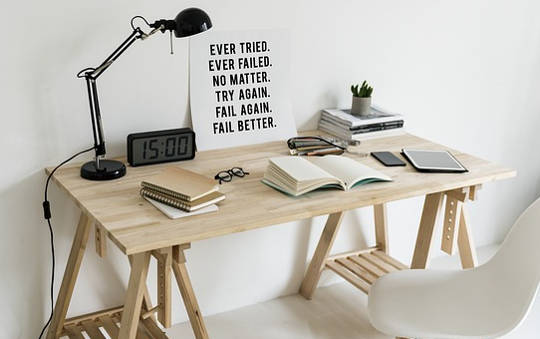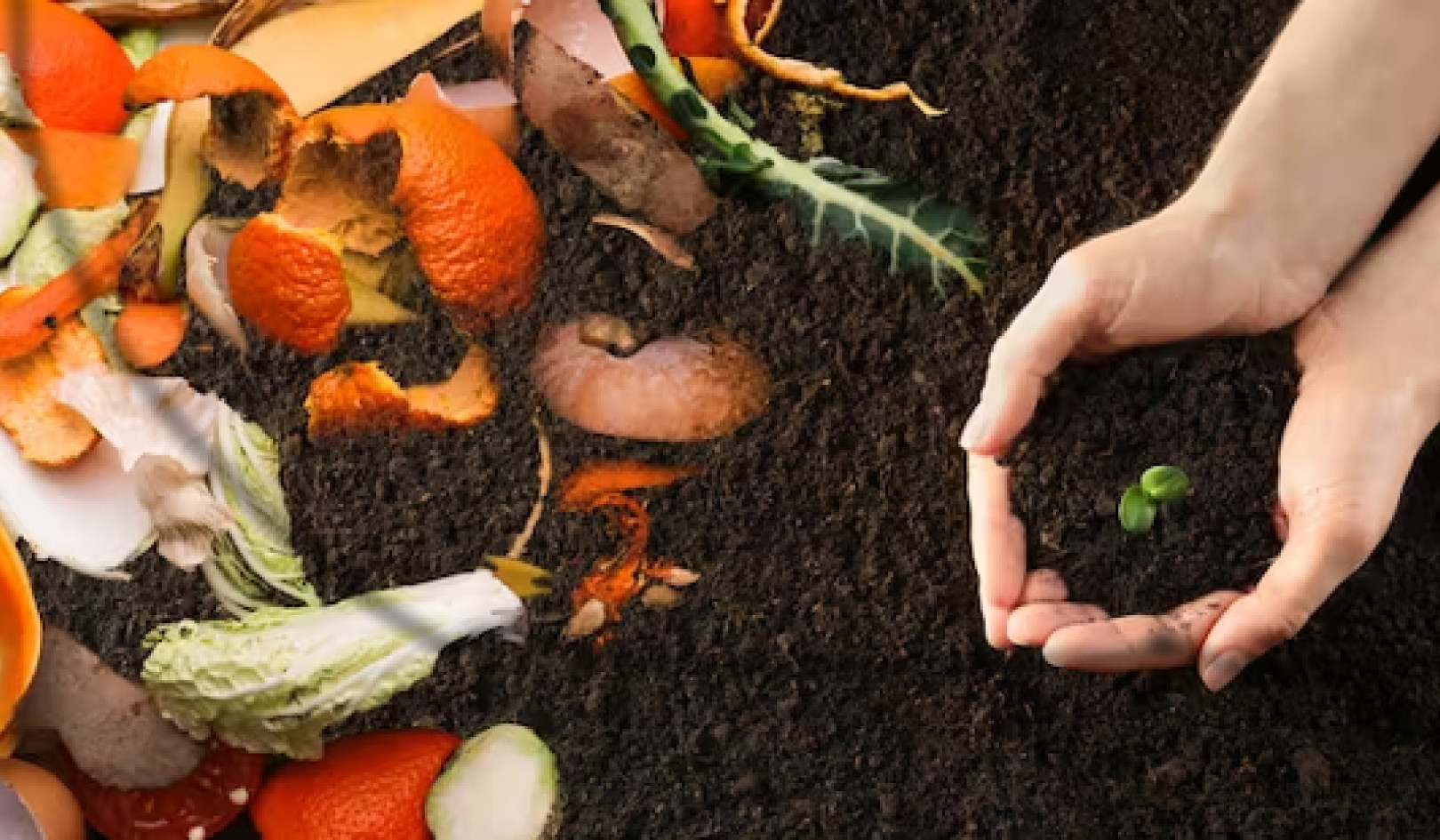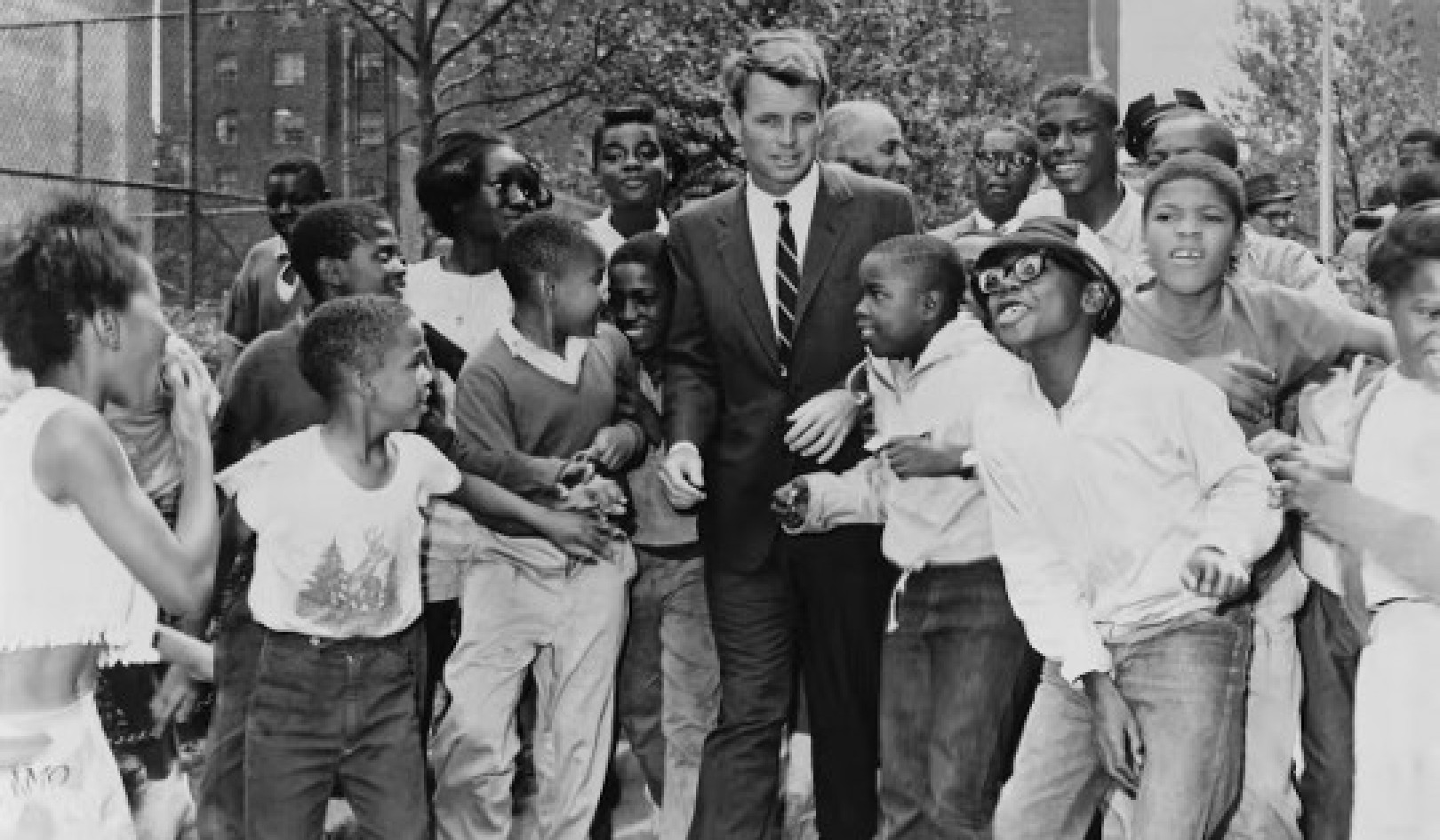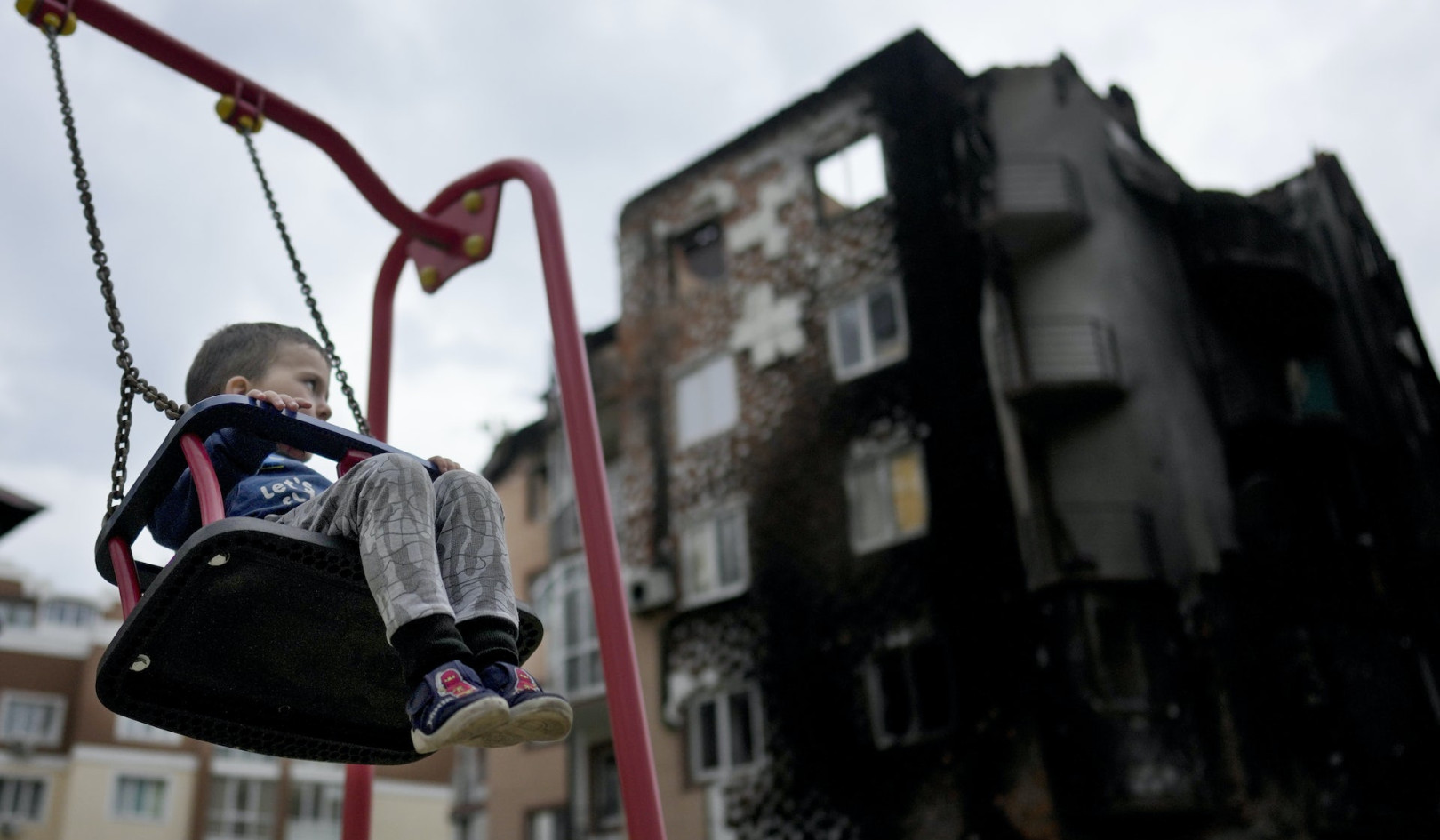
"I knew someone had to take the first step
and I made up my mind not to move."
--ROSA PARKS, on her decision to sit
in the white's only section of a bus
1. Buy eggs in cardboard. Avoid those that come in foam plastic. It's called polystyrene and it will remain in our environment long after our great-grandchildren are dead. When burned, it releases fifty-seven chemicals into the air. Avoid this stuff like poison, which is what it is.
2. Take a bus once or twice a month. Not only does it cut down on gas consumption (and smog), but it's a good way to get to know your city and its people a bit better. You'll see your hometown from a new perspective. You'll reduce engine wear and save on city parking. Even better -- don't drive if you can walk.
3. Speak your piece. Attend local public hearings on issues in which you have a stake. Give the commissioners or council members a lucid and polite rendering of your opinion.
4. And throw da' bums out...
"In a democracy, every citizen, regardless of his interest in politics, holds office. Every one of us is in a position of responsibility, and in the final analysis, the kind of government we get depends upon how we fulfill those responsibilities." -- JOHN F. KENNEDY
5. Write letters ... When a congressman or senator receives a letter from a constituent, it receives attention. They figure that for every letter, there are probably a few thousand voters who feel the same way. The same holds true for letters to the editor of your local paper. There's no better way to empower yourself than with a pen and a piece of paper. But act locally. Stick to your own representatives who cherish both your opinion and your vote. Don't focus your efforts on, say, the head of a congressional committee unless he or she happens to be from your own district.
6. Write to writers. Compose a thoughtful, polite letter on the issues that concern you and send it to a national columnist. You will likely receive at least a small note of thanks. You may even influence their thinking or inspire them to take on your subject in a column.
7. Use persuasion ...
"When the conduct of men is designed to be influenced, persuasion, kind, unassuming persuasion, should ever be adopted. It is an old and true maxim that a 'drop of honey catches more flies than a gallon of gall'." -- ABRAHAM LINCOLN
8. And get to the point. Whether you're writing officials or a national columnist, make it a habit to get to the point of your letter right away. They don't have much time on their hands, so it's best to let them know your main gripe right away. Forget e-mail for sending in your brilliant letters. It's very convenient, but that very convenience tells the official that you might not be as passionate about the subject as you let on. It's best to use an old-fashioned letter for your plea.
9. Stay the path ... Although "blazing a new trail" may have sounded good in the 1800s, it doesn't make much sense in our overcrowded national parks. Stay on the marked trail and you'll avoid damage to fragile plant life and adding to soil erosion.
10. Camp away from water... If you've found the only water source for miles around, remember that it will be the only source for animals as well. Make it a habit to camp far enough away to allow animals to come down for a drink.
11. And be nice to trout. When fishing for catch and release, don't release the fish until he's completely recovered from this traumatic experience. Support the fish in your hands, place him in the water facing upstream where he can best absorb oxygen into his gills, and after a minute or two, release the fish. Never toss a fish back into the water as if it were inanimate -- they're exhausted and disoriented, as you would be, and could die.
12. Stop talking and do it. Every cab driver in the world thinks he knows more about running things than the president. The difference is that the president acts upon his beliefs. You should do the same, no matter how small the action. If you believe, for example, that the clear-cutting of old growth forests is wrong, write a letter to congress or join a boycott of the lumber companies engaged in the cutting.
"Courage may be the most important of all virtues, because without it one cannot practice any other virtue with consistence." ---MAYA ANGELOU
13. Be like Thomas Jefferson. He was a scientist, agriculturist and educator. If he did not invent democracy, then he at least gave it its voice. For all his inexplicable flaws, he changed the world. It would take a dozen or so of an average person's lifetimes to accomplish what Jefferson did with his one. While we may or may not become a Renaissance human, we can certainly adopt some of Jefferson's habits:
Have clean feet.. .
"I ascribe this exemption partly to the habit of bathing my feet in cold water every morning for sixty years past" (REFERRING TO HIS VIGOR AT SEVENTY-SIX).
Wear clean clothes ...
"Do not fancy you must wear them till the dirt is visible to the eye. You will be the last who is sensible of this."
And question authority...
"That whenever any form of government becomes destructive of these ends, it is the right of the people to alter or to abolish it, and to institute new government. . . "
Eat light...
"We never repent of having eaten too little."
Go easy on animal flesh...
"I have lived temperately, eating little animal food, and that not as an aliment so much as a condiment for the vegetables, which constitute my principal diet. . . "
But drink plenty of wine...
"I double, however, the doctor's glass and a half of wine, and even treble it with a friend; but halve its effects by drinking the weak wines only."
Walk...
"Walking is the best possible exercise. Habituate yourself to walk very far..There is no habit you will value so much as that of walking far without fatigue..."
Keep busy...
"It is wonderful how much may be done if we are always doing... "
And make it easy on yourself...
"Take things always by their smooth handle."
Melt your credit cards...
"The maxim of buying nothing without the money in our pocket to pay for it, would make of our country one of the happiest upon earth. . . "
And diversify...
"The carrying on of several studies at a time is attended with advantage. Variety relieves the mind, as well as the eye, palled with too long attention to a single object."
Read before bed...
"I never go to bed without an hour, or half hour's reading of something moral whereon to ruminate in the intervals of sleep."
And grow things...
"But though an old man, I am but a young gardener."
AND ALSO...
- Hang your laundry. Use a clothesline instead of a dryer whenever possible. It will save on electricity and your clothes will smell better. Also, use cold water to wash your clothes whenever possible. The clothes will last longer and you'll put less wear and tear on your water heater. If you use a dryer, take clothes out a short time before they're dry and then iron them. You'll get a better press and save energy, as well. Remember, too, that both the dishwasher, dryer and washer should be full before every use.
- Buy minimalist packaging. The more useless packaging, the more waste. So get products wrapped in recycled paper -- the less the better. Or avoid packaging altogether by buying staples like beans, rice and flour in bulk.
- Repair. Instead of throwing away a pair of socks, take a few minutes to darn them. Patch tires. Rewire toasters. It uses up resources to dump items before their time because you'll have to replace them with newly-manufactured products. It wastes your money.
- Take notes on the computer screen instead of on scratch pads ...
- Close off unused rooms ...
- Use foot stools to keep your toes off cold floors ...
- Flush only when you must...
- Buy local produce because it will be fresher and won't require the pollution of long-distance trucking to get to your table...
- Stand up for what you believe in. If there's an issue you feel strongly about, then act on it. Whether it's a local zoning issue or global warming, there's something you can do in your home town. Democracy is built on the notion that we all have an equal voice in America. Use that voice, whether it be at a town council meeting, a letter to the editor or starting a neighborhood recycling program.
- Brush in hot water. When you brush your teeth first thing in the morning, use the hot water faucet. The water will remain cold for at least several seconds while the water in the pipes is forced out. It's usually plenty to brush your teeth with, especially if you keep the faucet off during the brushing. You'll then have the hot water ready to go for shaving or showering without having to waste any more water. During other times of the day, turn the faucet off while you brush your teeth. You'll save two gallons each time you brush.
- Fix leaky faucets. That small drip can add up to over 350 gallons a month. So take five minutes and fix a leaky faucet as soon as possible (make sure to use the correct washer to avoid further leaks).
- And take a quick shower instead of baths. Baths, on average, use about thirty gallons. A three-minute shower, meanwhile, uses up only nine and saves on the heating bill. If you really want to save, take a nuclear sub shower: rinse, turn off the water, soap up and shampoo, and then rinse again. It's best to try this in the warmer months.
- Soak the lawn. Water the lawn very heavily once a week instead of lightly every few days. Young seedlings may need more frequent watering, but established lawns do better with heavy, less-frequent watering. Water in the early morning before the sun can steal away the water. The next best alternative is to water in the evening, but this can lead to the growth of mold and fungi. So try to water in the morning if you can.
- Wipe up spills with rags or sponges instead of paper towels...
- Use your own mug at work rather than using paper or Styrofoam cups ...
- Clean lint filters before every drying...
- Lower the thermostat in the winter and raise it in the summer...
- Keep your chimney vent closed when using just the heater ...
- Turn off the lights if you're out of the room for six minutes or more...
- Maintain ... If your car is making an odd noise, investigate the problem as soon as you can. Despite our most fervent wishes, it is extremely rare for an odd noise from an engine to just go away all by itself. It will almost always get worse. Instead of a $40 repair, you may end up with a $1200 overhaul. You may also be doing damage to the environment by driving a car that's burning up more fossil fuel than it should be. So have your mechanic check your car on a regular basis. If hoses or belts are worn, replace them before they fail.
- Consider the fluids ... Be vigilant about checking your car's water and lubricants. Mechanics believe that the single most important factor in determining the life of your car is the quality of its fluids. Dirty oil or transmission fluid can have a detrimental effect on performance and cause car parts to become rusty and wear down prematurely. So change your oil and transmission fluid regularly (about every 5000 miles for most cars, depending on age). Check all the other fluids at the same time, including coolant, power steering fluid, and battery fluids. Check your owner's manual for the proper type of fluids, and make sure to use high quality products.
- And pump it up. Keep your tires fully inflated. Low tire pressure increases gas consumption and causes tires to wear out faster. So every couple of weeks, check your tire pressure and fill to the recommended "p.s.i." that's listed on the wall of your tire. Your car will handle better, it's safer and the air will stay cleaner. And it's free.
- Resist the urge to top off. Stop pumping gas just before your tank is full. Topping off your tank allows toxic gas fumes to escape. On hot days, the gas from an over-full tank can expand and leak onto city streets. Your car will be fine with a gallon less in the tank. Also, once you've pumped, get the cap back on quickly to keep fumes from entering the atmosphere.
- Drive away slow ... There's usually no need to warm up your car before pulling out of your driveway. You'll probably be doing more harm than good by increasing emissions and wear on your engine. Just drive very slowly for a minute or two. Don't turn on the heat for a bit, which diverts warmth away from your engine.
- Cruise... If your car is so equipped, use the cruise control at every opportunity. You car's electric doo-dads will do a much better job regulating speed (and thus fuel consumption) than you.
- And coast. If the light's red up ahead, take your fat foot off the accelerator and coast to a stop. Over your lifetime and that of every other driver, these few drops add up to a huge amount of saved fossil fuel.
- Donate your books... Unless they have special significance or value, donate your used books to a hospital, library or nursing home. You'll be decluttering and doing good at the same time.
- And your blood... Local blood banks are under constant pressure to maintain a good supply of blood for emergencies. A contribution from you every few months may save a life.
Protest in peace...
"I think every person who believes in non-violent resistance believes somehow that the universe in some form is on the side of justice." --MARTIN LUTHER KING, JR.
And do good...
"Those who act from good motives are made happy by the thought, 'I have done good,' and are made happier by the thought that the good act will bring continuing happiness in the lives to follow." --BUDDHA
Yayıncının izniyle yeniden basıldı,
Santa Monica Press. 1-800-784-9553.
http://www.santamonicapress.com
Makale Kaynağı
The Book of Good Habits: Simple and Creative Ways to Enrich Your Life
by Dirk Mathison.
 The Book of Good Habits contains nearly 2,000 simple and creative ways to enrich your life. Dirk Mathison uses wit, humor, satire and a dash of cynicism to blend his own good habit recommendations with those of a diverse array of philosophers and fools, from Confucius and Abraham Lincoln to James Brown and Groucho Marx.
The Book of Good Habits contains nearly 2,000 simple and creative ways to enrich your life. Dirk Mathison uses wit, humor, satire and a dash of cynicism to blend his own good habit recommendations with those of a diverse array of philosophers and fools, from Confucius and Abraham Lincoln to James Brown and Groucho Marx.
Daha fazla bilgi için veya bu ciltsiz kitabı sipariş etmek için.
Yazar Hakkında
Dirk Mathison, the author of The Book of Good Habits, is a veteran journalist and former West Coast Editor of People magazine. He makes his home in the Los Angeles area.
İlgili Kitaplar
at InnerSelf Pazarı ve Amazon























